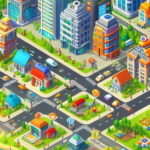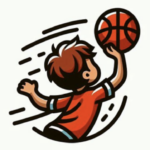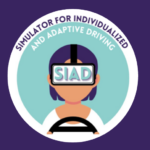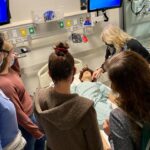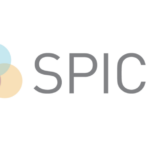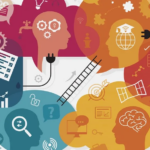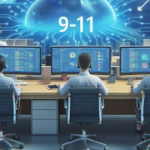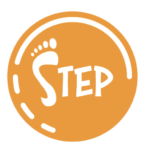Uncategorized Category
City Settlers
Jul. 16, 2024—City Settlers is a multiplayer city management game/simulation intended to convey complex ideas embedded in enacted social play configurations and moves around sustainable development. Additionally, we are currently extending it through multimodal data platforms for supporting rich real time teacher and learner orchestration tools, as well as pathways to support cross domain learning connecting city...
SportSense
Jul. 16, 2024—SportSense is aimed at introducing physical computing, data science and AI concepts in sports contexts. Spanning partnerships with schools and out-of-school community spaces like public parks, sports camps, and STEM summer programs, we developed tools and curricula for youth to engage with sports through a computing lens, and learn to critique as well as invent...
Examining Multimodal Composing Processes with Generative AI
Jul. 16, 2024—The question of how generative Artificial Intelligence (AI) will reshape communication is causing questions and concerns across the field of education, particular literacy and writing classrooms. This work builds upon this developing field by exploring how preservice teachers in literacy education courses multimodally compose with generative AI and their perspectives on the use of AI...
Driving simulation for typical and neurotypical populations
Jul. 16, 2024—In this project, we are developing driving simulation scenarios that can be used to help train new drivers with Autism. These scenarios create a range of settings where consideration of other drivers beliefs and actions are increasingly necessary. We are testing the degree to which these scenarios are associated with particular difficulty for a range...
MOMENTS: Using rich analytics and AI to support reflection and learning during simulation training.
Jul. 16, 2024—One of the best ways of helping students learn is to have them experience realistic simulations of the situations they will confront in practice. Simulation learning is particularly important in medical settings where students can practice skills without risking patient safety. However, one of the consistent challenges in simulation learning is to ensure that students...
SPICE: Science Projects Integrating Computing and Engineering
Jul. 12, 2024— SPICE (Science Projects Integrating Computing and Engineering) is a derivative of C2STEM. It is a 6-week long Earth Sciences curriculum where students first conduct hands-on experiments and then build conceptual models of water runoff (and flooding), then learn about computational constructs and build a computational model for water runoff. Students then use their computational models...
Data-Informed Decision Making with Learning Analytics
Jul. 9, 2024—This project explores data-informed decision-making in education, specifically focusing on how teachers and students interact with learning analytics to reflect on and adjust their teaching and learning activities. Considering aspects of integration, agency, reference frame and dialogue, the research investigates the cognitive, psychological and sociocultural factors affecting how students and teachers work with data-based tools...
Creating a Smart Rehabilitation Aide with Robust and Explainable AI
Jun. 21, 2024—Existing off-site monitoring systems can only detect the types of exercise performed or calculate calories burned, which are insufficient for capturing the quality of the exercise or assessing the patients’ progress. Moreover, modern deep learning-based solutions for healthcare often do not explain their results sufficiently, making it difficult for patients and therapists to understand and...
SimER: A Gen-AI enabled System for 9-1-1 Call-takers Training in Emergency Response
Jun. 21, 2024—SimER is an Generative AI-driven simulation environment to assist call-taker training under emergency response scenarios. SimER tailors the most up-to-date LLMs as its backend agents with a sophisticatedly designed prompt generation algorithm to generate realistic, valid, and equitable calls. SimER debriefs the past simulation and offers advice to the user for future improvements. SimER also...
GEM-STEP: Science through Technology Enhanced Play
Jun. 20, 2024—In the Science through Technology Enhanced Play (STEP) project, we are investigating how embodied play among elementary school students can be used to help them understand scientific phenomena (e.g., the working of forces, complex behaviors of bees). Our most recent application is called GEM-STEP where the GEM stands for Generalized Embodied Modeling. This system allows...
